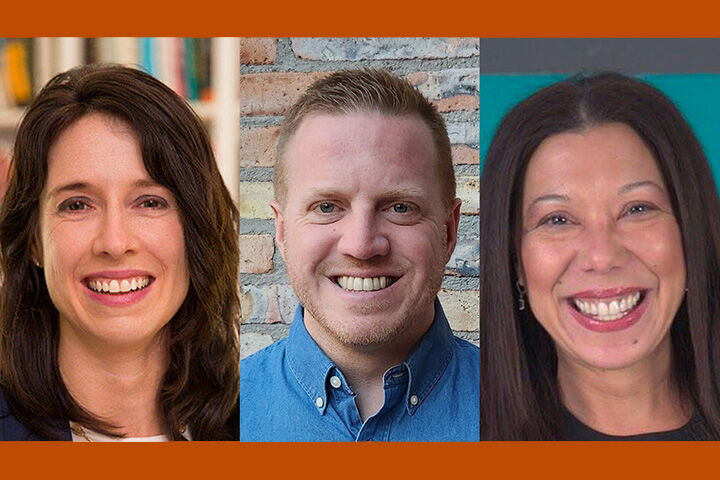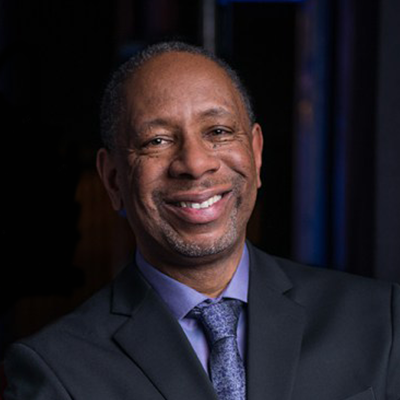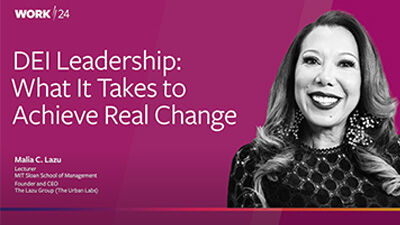The BILT-Lab is an action learning opportunity for business leaders who want to develop a future-ready talent strategy and accelerate regional innovation and resilience by making targeted place-based investments in regional workforce and innovation.
The course will bring together place-based “anchor” companies and large employers, along with their local partners, who want to develop a future-ready talent strategy and accelerate regional innovation and resilience by building diverse regional talent pipelines; reducing barriers to workforce participation; creating quality jobs; and boosting energy security and ecosystem health.
Ideal participants are invested in creating future-ready organizations and in building the prosperity of their local communities. Participants should be willing to approach problems with curiosity and share experiences openly with peers to support shared learning.
Led by experienced teachers, researchers and industry-tested professionals, the BILT-Lab will help participants identify and highlight impactful, place-based investments that produce measurable economic, social, and environmental outcomes. Participants will learn about and implement solutions for talent development and community health that companies can deploy inside their walls as well as outside in the communities where they operate.
Please note: This course is a blended format. Live Online: 3-4hours; Onsite (Cambridge, MA): Two-day in-person delivery, and optional virtual office hours























